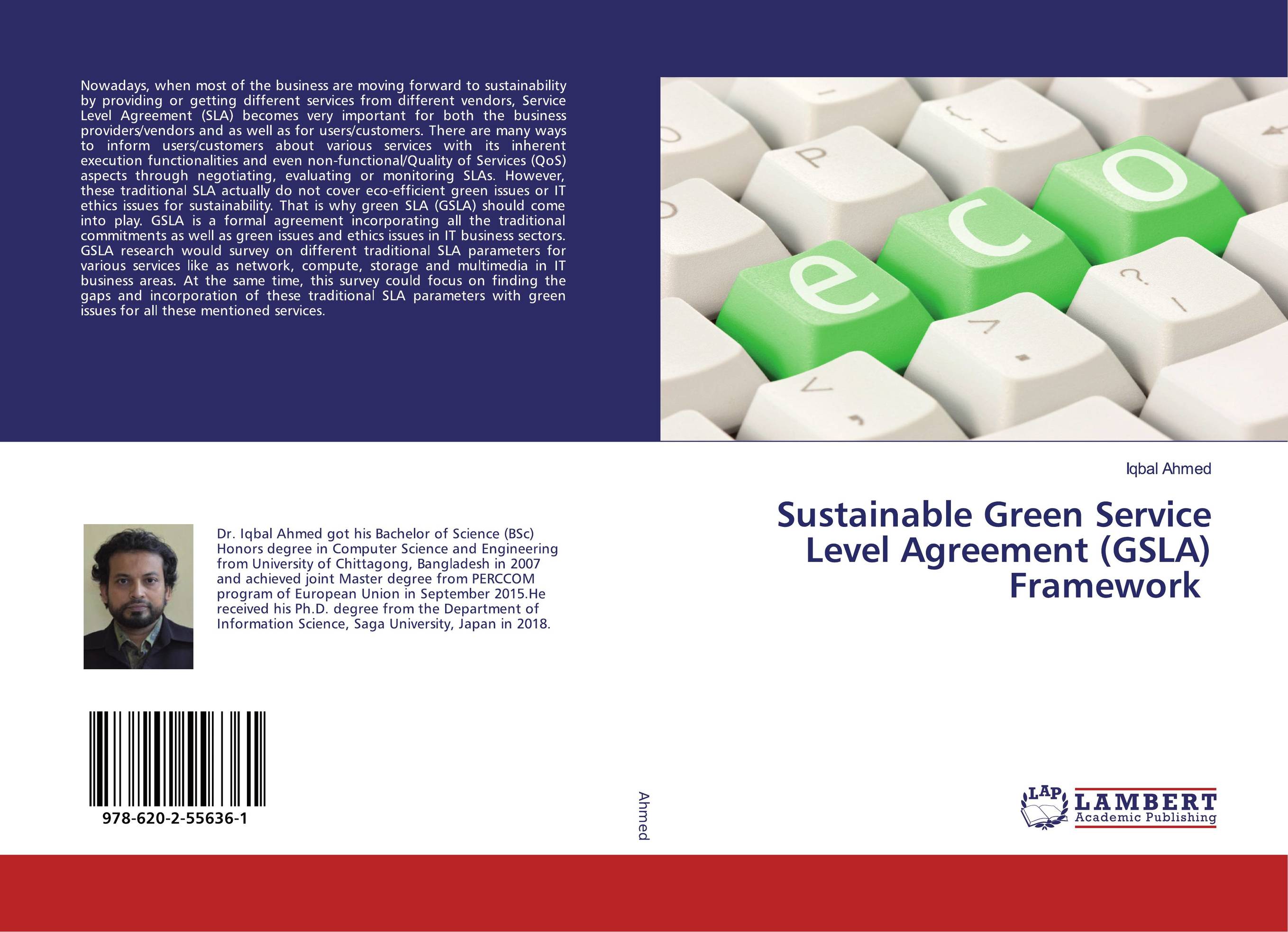| Поиск по каталогу |
|
(строгое соответствие)
|
- Профессиональная
- Научно-популярная
- Художественная
- Публицистика
- Детская
- Искусство
- Хобби, семья, дом
- Спорт
- Путеводители
- Блокноты, тетради, открытки
Sustainable Green Service Level Agreement (GSLA) Framework.

В наличии
| Местонахождение: Алматы | Состояние экземпляра: новый |

Бумажная
версия
версия
Автор: Iqbal Ahmed
ISBN: 9786202556361
Год издания: 2020
Формат книги: 60×90/16 (145×215 мм)
Количество страниц: 132
Издательство: LAP LAMBERT Academic Publishing
Цена: 39164 тг
Положить в корзину
Позиции в рубрикаторе
Отрасли знаний:Код товара: 571492
| Способы доставки в город Алматы * комплектация (срок до отгрузки) не более 2 рабочих дней |
| Самовывоз из города Алматы (пункты самовывоза партнёра CDEK) |
| Курьерская доставка CDEK из города Москва |
| Доставка Почтой России из города Москва |
Аннотация: Nowadays, when most of the business are moving forward to sustainability by providing or getting different services from different vendors, Service Level Agreement (SLA) becomes very important for both the business providers/vendors and as well as for users/customers. There are many ways to inform users/customers about various services with its inherent execution functionalities and even non-functional/Quality of Services (QoS) aspects through negotiating, evaluating or monitoring SLAs. However, these traditional SLA actually do not cover eco-efficient green issues or IT ethics issues for sustainability. That is why green SLA (GSLA) should come into play. GSLA is a formal agreement incorporating all the traditional commitments as well as green issues and ethics issues in IT business sectors. GSLA research would survey on different traditional SLA parameters for various services like as network, compute, storage and multimedia in IT business areas. At the same time, this survey could focus on finding the gaps and incorporation of these traditional SLA parameters with green issues for all these mentioned services.
Ключевые слова: SLA, Green SLA, sustainability, IT Ethics, green computing, Bayesian Network, Green IT, Informational Model



